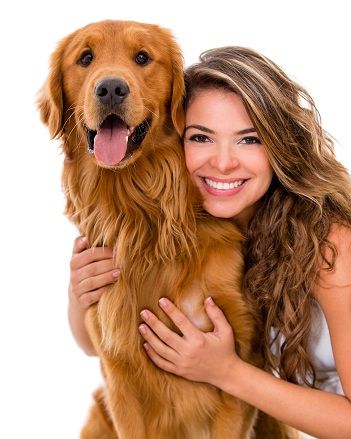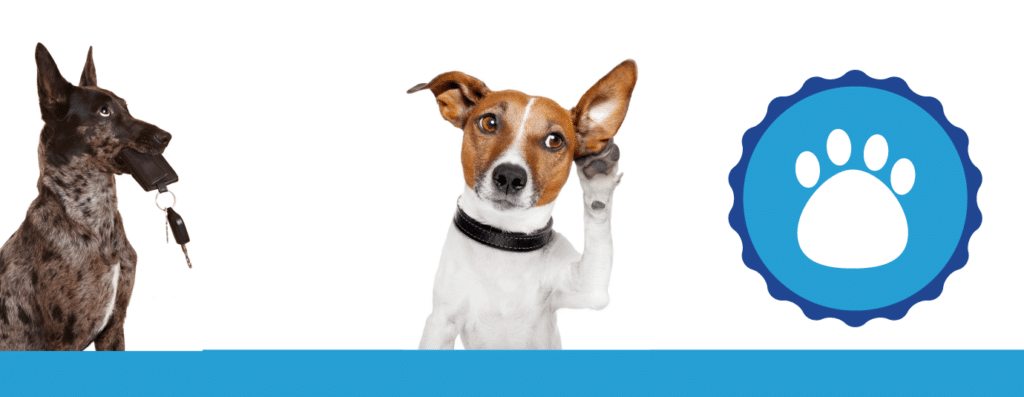Dogs are part of our everyday life and society and they have been for so long, that they’ve even become part of our language. There are a handful of dog idioms that we all use on a day-to-day basis that can be applied to different situations from dog grooming to human problems. Here are some of the most common that we found:
 Hair of the Dog that Bit You
Hair of the Dog that Bit You
Meaning: Using a remedy that contains a small amount of your ailment.
Nothing to do with dog grooming, this actually started out as a drinking idiom, where one would drink alcohol in order to cure their hangover. It can be dated back to a John Heywood text from 1546. It shifted in time as when people would cut themselves a piece of dog hair and place it over a dog-bite wound in belief that it would help prevent infection. Sometimes this hair would be cooked into an ointment and sometimes it was placed there by itself.
Let Sleeping Dogs Lie
Meaning: Doing something or taking action in a satisfactory situation may case complexities or problems that wouldn’t normally happen.
This very old proverb is recorded as early as the 14th century France. It likely based off the premise that sleeping dogs (just like anyone else) can be startled if they aren’t alert when they are approached. Even the kindest, most friendly of dogs, when startled awake, can snap or bite at the perpetrator of the act. Let sleeping dogs lie is in reference to not disturbing a sleeping, happy dog, especially through surprise because their impulsive action could be unpredictably destructive, regardless of their normal disposition. Likewise, don’t mess with a dog new to dog grooming, ha.
The Tail Wagging the Dog
Meaning: An item of minor importance is dominating a larger situation.
You might find this happening to your dog after a good dog grooming. This expression is assumed to have originated from the United States. The earliest citation of this phrase being used is in a 1872 copy of The Daily Republican. It was used in a piece of fiction where a dim nobleman, twists the phrase around to report how he escaped the attention of a group of prostitutes.
Gone to the Dogs
Meaning: Anything decayed and worthless, not fit for humans. Particularly food.
This phrase can be dated back to a 1775 book known as the London Review of Literature which held the play Germanicus, A Tragedy where it was used in dialogue. Following that, in 18th or 19th century England, horse meat wasn’t considered suitable for humans to eat and would often be sent to the dogs instead. It is assumed that the phrase was preceded by ‘go to pot’, meaning toilet, and this kept the meaning of the phrase the exact same. Quite the opposite of gone to dog grooming.
Barking Up the Wrong Tree
Meaning: Making a false assumption or mistake in something you want to achieve.
This alludes to when a dog to something like chasing a squirrel up the tree and is so focused on barking at that tree, that he has not noticed the squirrel is not even in that tree anymore. It’s earliest printed record is in James Kirke Paulding’s Westward Ho! from 1832. Shortly after its publication, American citizens took to the phrase like water and populated the country with it. There’s often mud at the feet of those trees which means dog grooming. What happens when you figuratively bark up the wrong tree?




